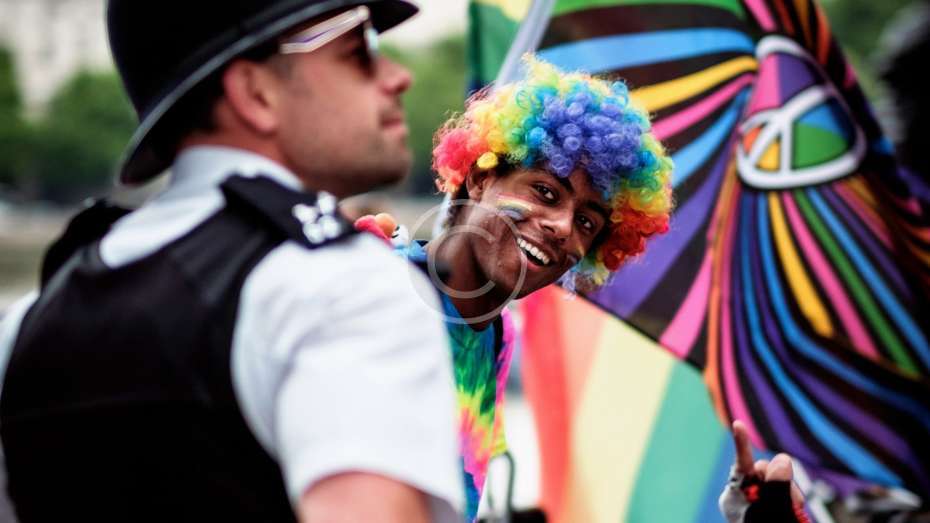We have collected a list of questions that have commonly been asked to us. If you have still have questions after reviewing this page and the page on adding your story to the Archive, please feel free to use the contact page to get in touch with the research team.


Yes. Participants who do not wish to be identified in the Archive will have the chance to use a name they chose for themselves (a pseudonym). There is a slight risk that someone may be able to identify you because you would share your life history. That said, you will also be given the opportunity to only share your interview transcript and edit your transcript for safety concerns.
No. This project specifically focuses on the history of Sikh LGBTQIA+ adults of any ethnic or regional descent who spent their formative years in California, United States. Though the project has a focus on California, it encompasses people who may live throughout the United States if they lived in California during an important part of their life.
Aside from gift card, you may benefit from being given an opportunity to share your experiences publicly and provide others with an opportunity to learn from your experiences through an interview. Given that there are few avenues in which LGBTQIA+ Sikhs’ stories are collected, you may benefit from contributing to a resource for future generations.
We are defining queer in two ways. In one way, it is a political orientation that has historically been used to bring people together who reject and challenge dominant, mainstream, and normative assumptions about gender, sexuality, and class-status. In a second way, queer is used as an umbrella term to include different marginalized identities of gender and sexuality that people may hold but remain unnamed. What is important to us about “defining queer” is that, because you embody these marginalized identities, you are opened up to having your gender and sexuality being controlled, policed, and weaponized through racist, casteist, and cisheterosexist practices, polices, and institutions.
We are defining Sikh open-endedly to enable people to self-identify. This can be through having some sort of familial or communal connection to Sikhi (e.g., raised in a Sikh family or sangat), having received amrit and being a daily practitioner of rehat, having received amrit at some point in their life but may not do daily practices of rehat now, and reconnecting with Sikhi after being estranged or not having access to Sikhi in their life. Our project’s goal is to understand all the different ways that people may come to Sikhi and come to being a Sikh. We encourage anyone who has a connection to Sikhi through heritage, practice, and self-identification to participate.
Your life history will be shared through an interview format, and the transcript and audio recording of this interview will be placed online. Though the interviews may be done through a video setting (i.e., Zoom), there will be no video recording. If you would like only for your transcript to be shared with no audio recording posted publicly, you may let the research team know this at any time and we will make sure this is honored.
Yes. If you do not wish to publicly share your interview after it is published at any time, you may contact dr. kehal directly (kehal@wisc.edu) and they will remove the interview from the public website.
Please share any material (i.e. visuals/figures, artwork, pictures, or other forms of media) that you may want to include with your oral history to dr. kehal (kehal@wisc.edu). Our team can work with you to decide the best way to include it in the Archive. If you would like to add a follow-up recording to your original oral history, please also reach out to dr. kehal.
Yes. We would love for you to help get the word out about the Archive! Review the page on adding your story to the archive for shareable media posts and feel free to tag us on Twitter or Instagram.
The Jakara Movement is funding this project in collaboration with the California Department of Social Services and Commission on Asian and Pacific Islander American Affairs. You can learn more about The Jakara Movement on their website. They are funding this project to support the research team in empowering LGBTQIA+ Sikhs. The Archive will be a platform for LGBTQIA+ Sikhs’ life stories and can be used to educate Sikh communities about a population that has been overlooked.
The Archive is for LGBTQIA+ Sikhs, their families and allies, Punjabi and Sikh communities, and anyone interested in learning about the experiences of LGBTQIA+ Sikhs. The Archive will be a resource for anyone interested in centering the experiences of LGBTQIA+ Sikhs in their work. We hope to raise important, difficult questions about the erasure of LGBTQIA+ Sikhs from Sikh, queer, and trans histories. From the perspective of storytelling, we hope the Archive contributes to the ongoing work of addressing the knowledge genocide of how colonialisms shapes our understandings of ourselves.
We hope to create a safe space for LGBTQIA+ Sikhs to tell their stories and to encourage others to do the same. We hope to provide future generations with valuable knowledge about the lives of LGBTQIA+ Sikhs. We believe that by sharing our experiences, we can highlight the diversities in our communities, and inspire others to live authentically. Additionally, we can ensure that the experiences of LGBTQIA+ Sikhs are not forgotten, and that our contributions to the Sikh and queer and trans communities are recognized and celebrated. We hope that we can inspire others to live with pride in their Paatshahi (divine sovereignty) as individuals and as a panth.


